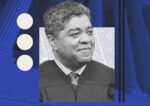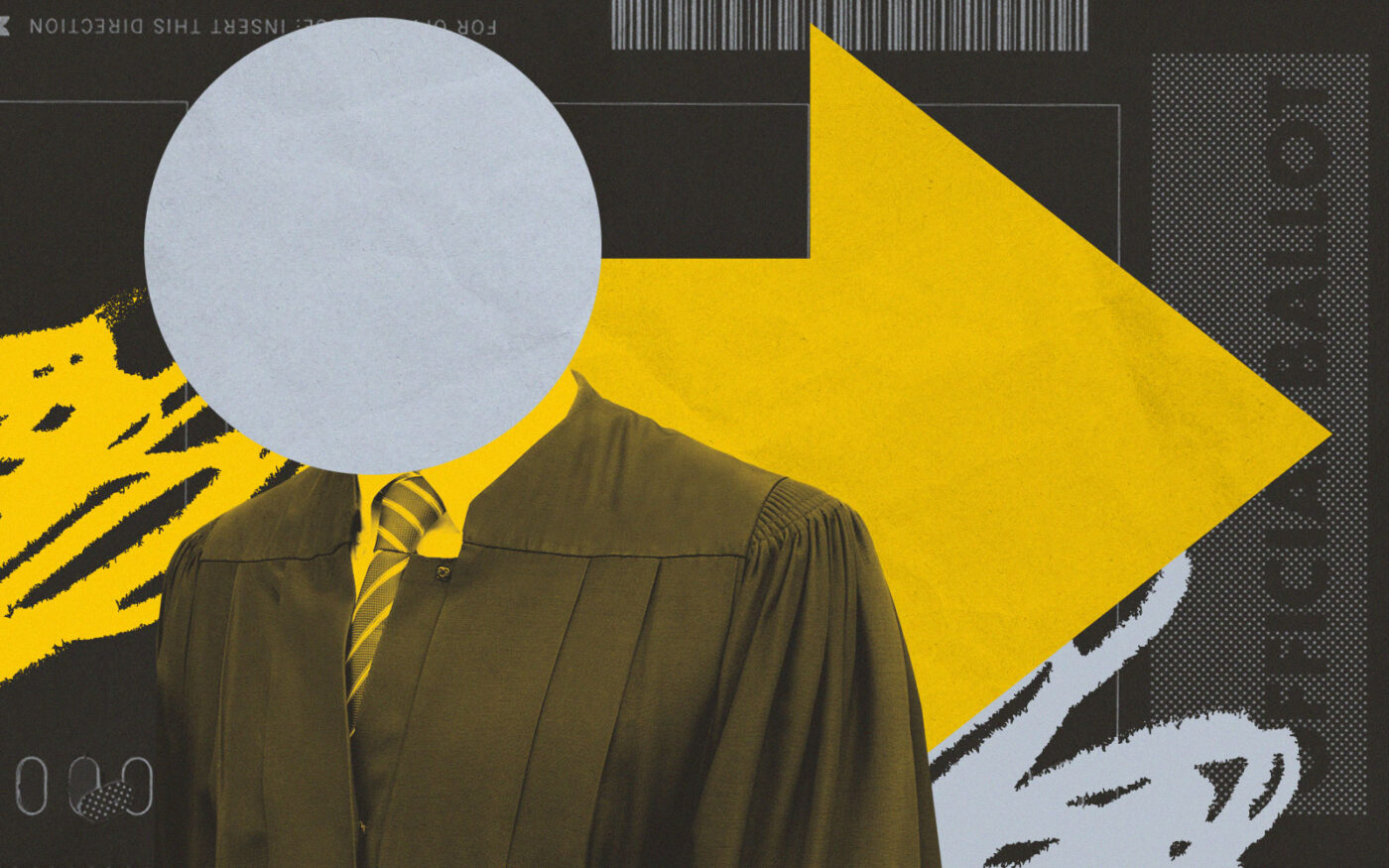Voters booted Judge Shannon O’Malley out of office on Nov. 5 after investigations into whether he resides in Cook County as required.
O’Malley, who served in the child protection division, failed to secure the 60 percent “yes” votes required to retain his seat, achieving just 57.9 percent, Injustice Watch reported. The judge’s removal from the bench marks the third ousting in six years — a previously rare occurrence following nearly three decades of judicial stability.
O’Malley’s loss followed scrutiny over a property tax exemption he claimed on a home in Will County, indicating his primary residence is not in Cook County.
Bar associations also raised red flags over his management of child protection cases, where delays often led to children staying longer than necessary in psychiatric hospitals or group homes. The Illinois State Bar Association was particularly vocal, calling the delays unacceptable and harmful to vulnerable children.
The Chicago Bar Association criticized O’Malley’s credibility.
O’Malley’s ousting not only highlights the rising demand for accountability in Cook County, it also signals a shift in how voters approach judicial retention races.
Historically, these elections have seen low voter participation, with most judges easily retaining their positions. However, the rise of voter guides has transformed these races, providing voters with detailed insights into the records and performance of judicial candidates.
Albert Klumpp, a public policy analyst and expert in judicial elections, attributed O’Malley’s removal to the increasing availability of information and the alignment of bar associations against him.
“The combined effect of all those information sources and the fact that they all agreed that Shannon O’Malley should be removed is what got him removed,” Klumpp said.
Two other Cook County judges — E. Kenneth Wright Jr. and Ieshia Gray — narrowly retained their seats despite facing similar scrutiny. Wright, who had been criticized for taking property tax exemptions in another county, secured 61.5 percent of the vote. Gray, under investigation for alleged bias, barely kept her seat with 60.6 percent.
— Andrew Terrell
Read more



